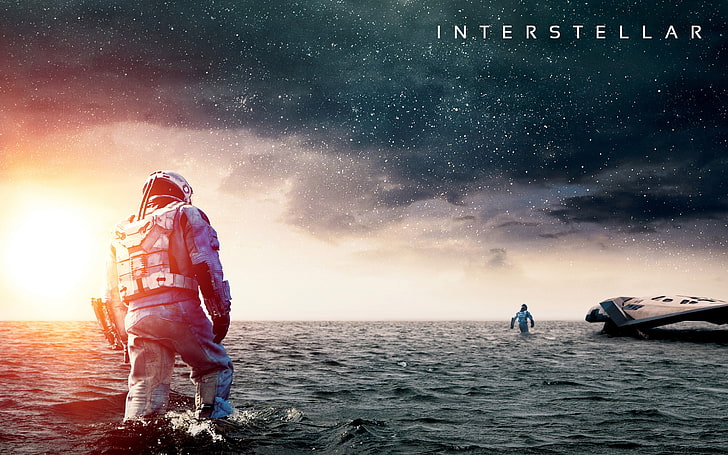Don't you love when a movie or book tells a story, but beneath the obvious plot, there is something more; another story. You could say it's the real story. High concept vs Low concept. I think all good stories have both.
High concept. The obvious story. The one that can be described in a few sentences.
Low concept. The less obvious story. The one that is not so easy to describe, usually deals with character development and deep issues.
Here are a few movies and how I would describe their high and low concept.
The Sixth Sense: High concept: A kid sees dead people. Low concept: It's about grief and accepting death.
Unbreakable: High concept: A guy discovers he's a superhero. Low concept: Realizing that suppressing who you are can lead to your own destruction while excepting it can make you whole.
Signs: High concept: A family reacts to an alien invasion. Low concept: A minister who has lost his faith struggles to find it again.
I could be wrong about these 3 examples, but that's what I saw in each of them. Before the idea of High and Low concept was introduced to me, I simply called these things subplots, and indeed they are, however I think what makes them good is that they truly have nothing to do with the main story. They exist at a near subconscious level. I think this is different than having hidden messages or agendas that are being pushed. It's something very relatable; the acceptance of death. Being who you are. Blaming god (or someone else).
In the past 10 years I don't think I've written a single story that didn't have both a High concept and a Low concept.
I'm hoping some of the members here will chime in and maybe give some examples of other movies that can be looked at this way...
High concept. The obvious story. The one that can be described in a few sentences.
Low concept. The less obvious story. The one that is not so easy to describe, usually deals with character development and deep issues.
Here are a few movies and how I would describe their high and low concept.
The Sixth Sense: High concept: A kid sees dead people. Low concept: It's about grief and accepting death.
Unbreakable: High concept: A guy discovers he's a superhero. Low concept: Realizing that suppressing who you are can lead to your own destruction while excepting it can make you whole.
Signs: High concept: A family reacts to an alien invasion. Low concept: A minister who has lost his faith struggles to find it again.
I could be wrong about these 3 examples, but that's what I saw in each of them. Before the idea of High and Low concept was introduced to me, I simply called these things subplots, and indeed they are, however I think what makes them good is that they truly have nothing to do with the main story. They exist at a near subconscious level. I think this is different than having hidden messages or agendas that are being pushed. It's something very relatable; the acceptance of death. Being who you are. Blaming god (or someone else).
In the past 10 years I don't think I've written a single story that didn't have both a High concept and a Low concept.
I'm hoping some of the members here will chime in and maybe give some examples of other movies that can be looked at this way...
Last edited:




